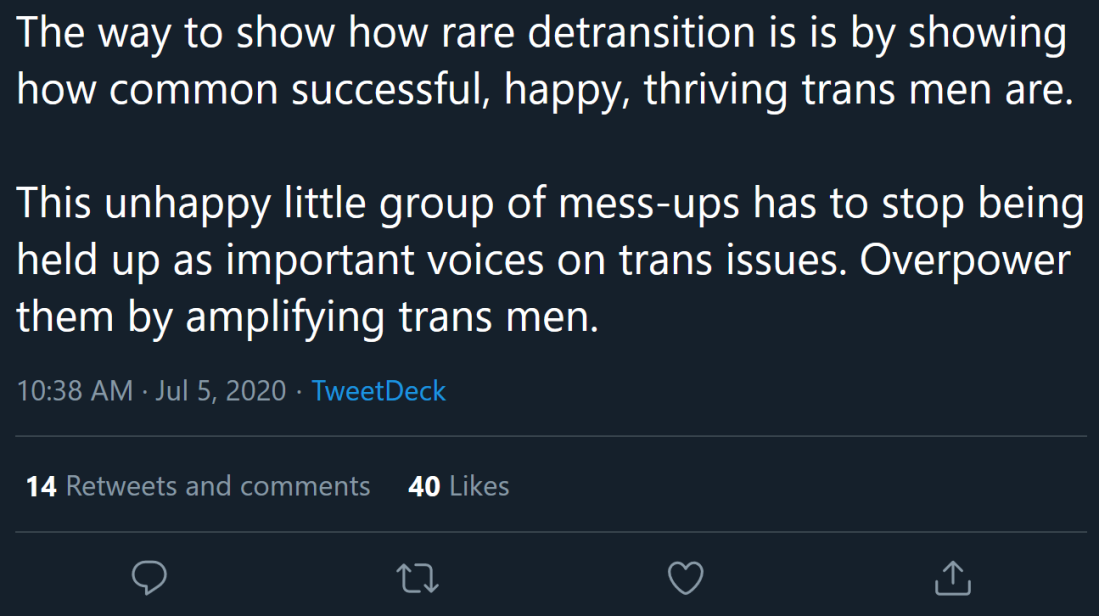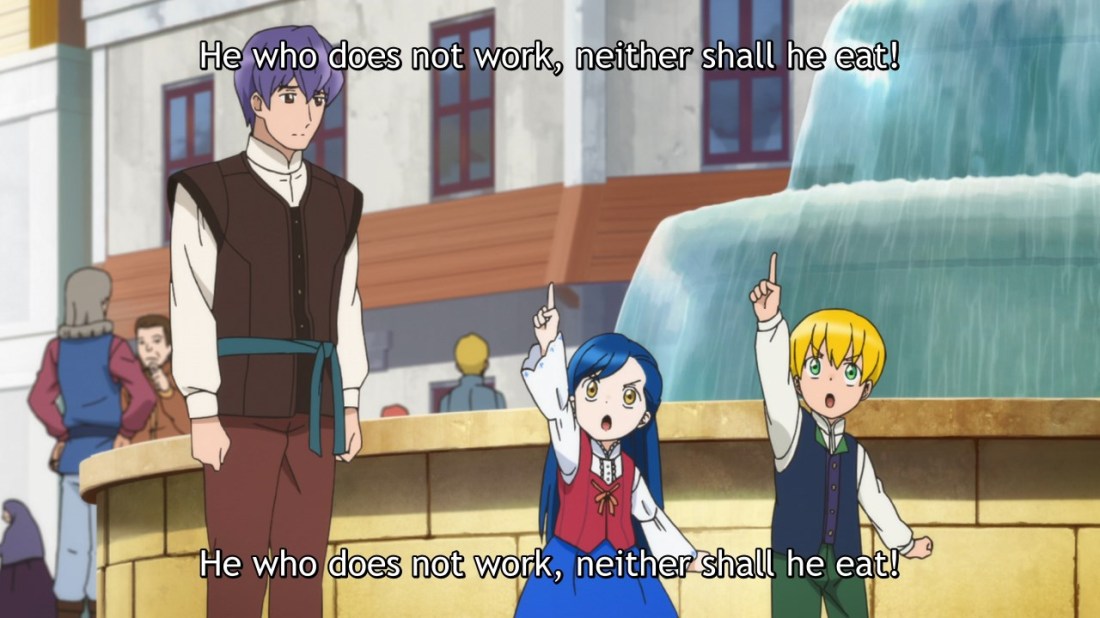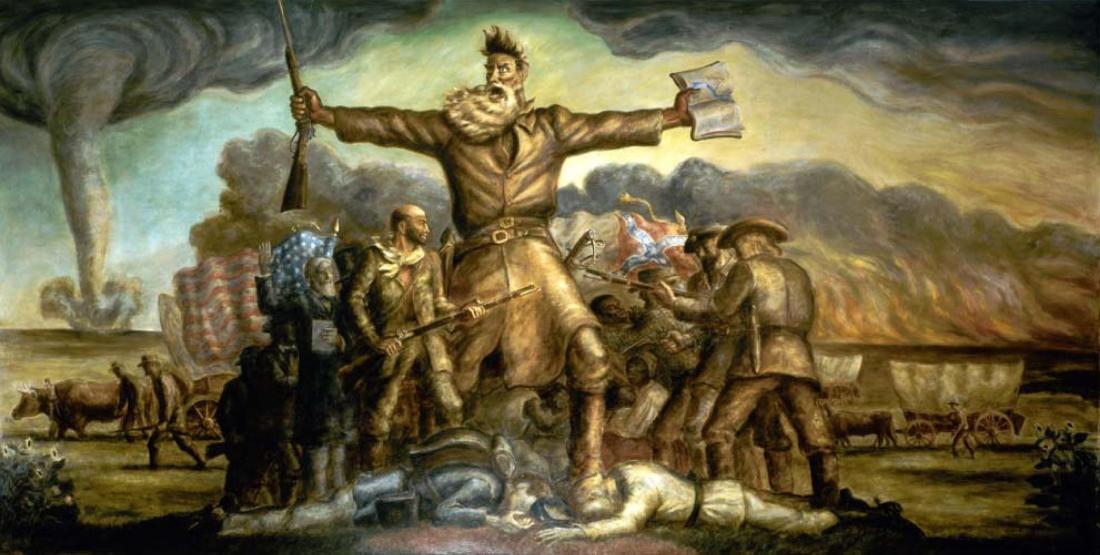Ascendance of a Bookworm’s Myne really, really doesn’t like living in a ‘class society’, and this is something which, to put it lightly, has caught on with a significant number of leftist and left-leaning anime fans. In the show, after all, the hardships imposed on the lower classes by feudal society are constantly critiqued, and it’s difficult not to compare them to the forms that class oppression takes in our capitalist society. Yet, this is where the primary contradiction of the show emerges: when it compares its world to ours using Myne’s nature as an isekai protagonist, it almost exclusively notes the ways in which feudal society is dominated by class, implicitly claiming that our society isn’t. In one sense, then, Bookworm is a defense of capitalism, a trend which is quite common in isekai. At the same time, however, Bookworm isn’t made for a feudal audience but a capitalist one, and thus any critique of class society will necessarily serve as a critique of class under capitalism as well. Neither an analysis which views it as strictly anti-capitalist nor one which sees it as deeply pro-capitalism will provide an adequate picture of the series.
Continue reading “Can Books Topple Class Society?: Measuring Capital’s Role in Ascendance of a Bookworm” →









